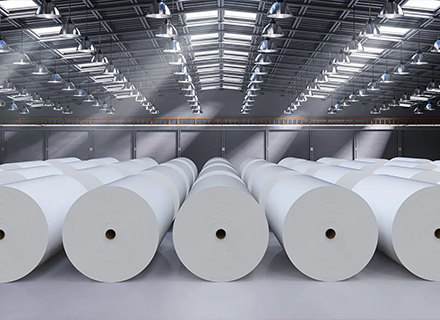Catalogue Request Form…!

Lorem ipsum dolor sit amet, consectetur adipisicing elit. Sit tenetur reiciendis molestias nostrum excepturi porro dolorum amet!

Vinyl Ester Mortar / Cement for Chemical-Resistant Brick & Tile Lining
Vinyl Ester Mortar / Cement is a premium, chemical-resistant Mortar / Cement engineered for bedding and jointing acid-resistant bricks and tiles in demanding industrial environments. Ideal for floors, sumps, trenches, tanks, vessels, and bleach towers, it’s widely used in chemical processing, food and beverage plants, dairies, laboratories, textile, steel, and pulp & paper mills. Request a quote today to protect your infrastructure with unmatched durability and performance.
| Property | Value |
|---|---|
| Working Time | 20 minutes (min) at 30°C |
| Bond Strength | 10 Kg/cm² |
| Compressive Strength | 500 Kg/Cm2 |
| Flexural Strength | 315 Kg/cm² |
| Water Absorption | 0.2% |
| Max Temperature Resistance | 130°C |
Vinyl Ester Mortar / Cement is the trusted choice for industries requiring robust chemical-resistant linings, including:












Resists strong oxidizing agents, mineral and organic acids, alkaline solutions, bleaches, and some organic solvents.
Offers exceptional bond strength (10 Kg/cm²), compressive strength (5000 Kg/cm²), and flexural strength (315 Kg/cm²).
Features minimal water absorption (0.2%) for long-lasting performance.
Achieves initial set in just one hour at room temperature, minimizing downtime.
Performs reliably up to 130°C, ideal for challenging industrial conditions.
Solution
Protects against aggressive chemicals and physical wear in harsh environments.
Rapid setting reduces project downtime and labor costs.
Suitable for a wide range of industrial sectors and conditions.
Export-ready with customizable packaging options.